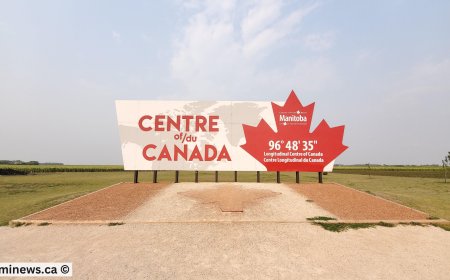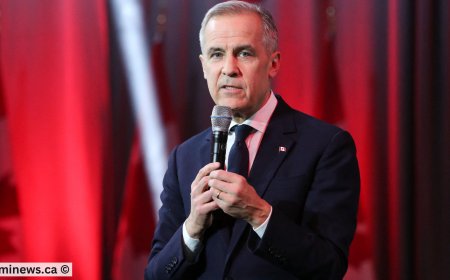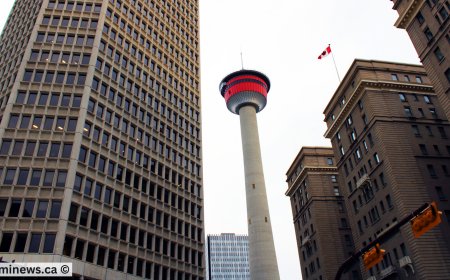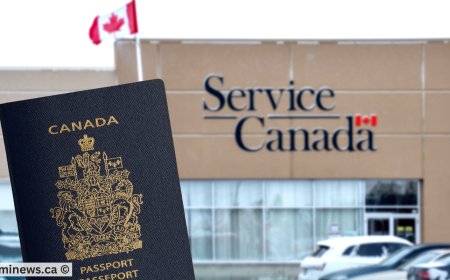Canada's PNP Applicants Facing Long Delays & Unfair Waits
Provincial Nominee Program applicants in Canada face long IRCC delays. Learn why it's significant for Canada immigration and what it means for your visa.

Canada immigration remains a top dream for skilled workers globally—but for many Provincial Nominee Program (PNP) applicants, that dream is being clouded by uncertainty. The IRCC's (Immigration, Refugees and Citizenship Canada) growing backlog has caused processing times to soar, especially for PNP-based permanent residency applications.
While Express Entry applicants are seeing relatively faster decisions, provincial nominees are reporting delays of more than two years. Many are raising concerns about fairness, transparency, and equality within the Canada visa system. So, what’s causing these delays, and why is this an issue that deserves attention now more than ever?
1. Creates Inequality Between Federal and Provincial Pathways
Under the current setup, IRCC prioritizes Express Entry-managed streams, particularly Canadian Experience Class (CEC) and Federal Skilled Worker (FSW) candidates. However, applicants nominated under PNPs—despite meeting all eligibility criteria and receiving provincial support—face significantly longer wait times.
This disparity in processing time creates a two-tier immigration system, undermining the promise of equal opportunity. As a result, many feel that the system is unfair, despite provinces actively working to fill regional labour gaps. You can read more about how PNPs function on the official IRCC website.
2. Impacts Mental Health and Financial Stability of Applicants
The prolonged wait times have a deep emotional and financial toll on applicants. Many who are living in Canada on temporary visas while awaiting permanent residency find themselves stuck in limbo.
This delay affects their job prospects, family planning, and access to healthcare and benefits. Some even face expiration of work permits, forcing them into complicated legal and employment situations.
By staying updated through trusted platforms like A2Zimmi, applicants can better manage expectations and prepare for alternatives if needed.
3. Strains Provincial Planning and Labour Market Integration
Provinces nominate candidates based on labour shortages and community needs. When IRCC delays processing, it affects those local plans—resulting in lost economic opportunities and prolonged workforce gaps.
For example, if a province nominates healthcare professionals but they can't receive PR in time, that region continues to struggle with service shortages. It’s a cascading effect that harms both the economy and public service delivery.
4. Decreases Trust in the Immigration System
One of Canada's biggest assets in attracting global talent is its reputation for transparency and fair immigration pathways. However, inconsistencies in processing times diminish trust among future immigrants.
Applicants are beginning to perceive PNPs as unreliable, potentially leading to fewer skilled candidates choosing this route. When people lose trust in the system, it affects Canada’s ability to compete in the global talent market.
5. Delays Family Reunification and Long-Term Settlement
Many PNP applicants are living apart from family members while awaiting their Canada visa. The longer they remain in processing queues, the longer they're separated from loved ones.
This not only causes emotional distress but also hinders long-term integration, especially for spouses and children waiting overseas. A fairer and more timely process could drastically improve family stability and future success in Canada.
For real-time updates, migration insights, and expert advice on navigating your immigration pathway, visit A2Zimmi. If you’re affected by delays or want to explore faster alternatives, schedule a consultation with A2Zimmi today to chart your best course forward.
Visit A2Zimmi or schedule a consultation here to get expert advice today!
What's Your Reaction?
 Like
0
Like
0
 Dislike
0
Dislike
0
 Love
0
Love
0
 Funny
0
Funny
0
 Angry
0
Angry
0
 Sad
0
Sad
0
 Wow
0
Wow
0




































































